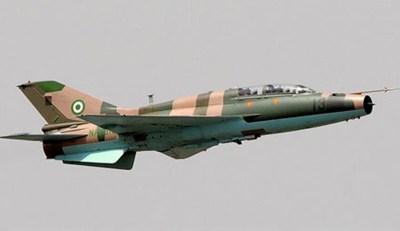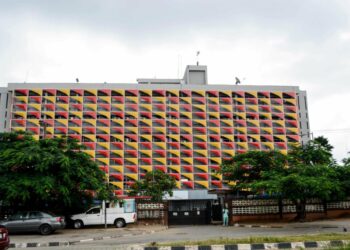The Nigerian Air Force has signed a deal to promote local Research and Development (R&D) technology to sustain platforms and equipment serviceability with the Industrial Training Fund (ITF) and Equipment and Protective Applications International Limited (EPAIL).
The AirForce disclosed this in a statement on Tuesday evening, citing that the partnership would further reduce NAF’s over-dependence on foreign technology and make it more innovative and resourceful, cover areas of human capacity development and production of security systems as well as personal protective equipment.
Chief of the Air Staff (CAS), Air Marshal Oladayo Amao, represented by the Chief of Standards and Evaluation, Air Vice Marshal Olusegun Philip added that the partnership with ITH and EPAIL was a catalyst to move Nigeria into becoming technologically advanced and self-reliant.
What is NAF saying
- The MoUs would facilitate solution-driven techniques to NAF’s technical challenges which would, in turn, translate to greater operational efficiency for the Service.
- In line with the focus of the Federal Government towards promoting indigenous technology, the NAF has been looking inwards to gradually wean itself of overdependence on foreign technology and be more innovative and resourceful as aptly encapsulated in 2 of the key drivers of its vision.
Air Vice-Marshal Olusegun Philip added that through collaboration with other organizations and agencies, the NAF has been able to produce items such as autopilot cassettes and hydraulic diaphragms for the Mi-35 helicopter and L-39ZA trainer aircraft.
Other R&D feats recorded include the production of Alpha-Jet aircraft anti-skid brake system test bench and batteries for the Mi-helicopters series.
“These and many other innovative efforts have provided the impetus for the NAF to effectively project airpower in support of friendly forces,” he said.
In case you missed it
Nairametrics reported last month that the Presidency announced that 6 of the 12 super Tucano fighter aircraft earlier ordered by the Federal Government are set to arrive in the country by mid-July 2021, with the remaining 6 to come in shortly after.























